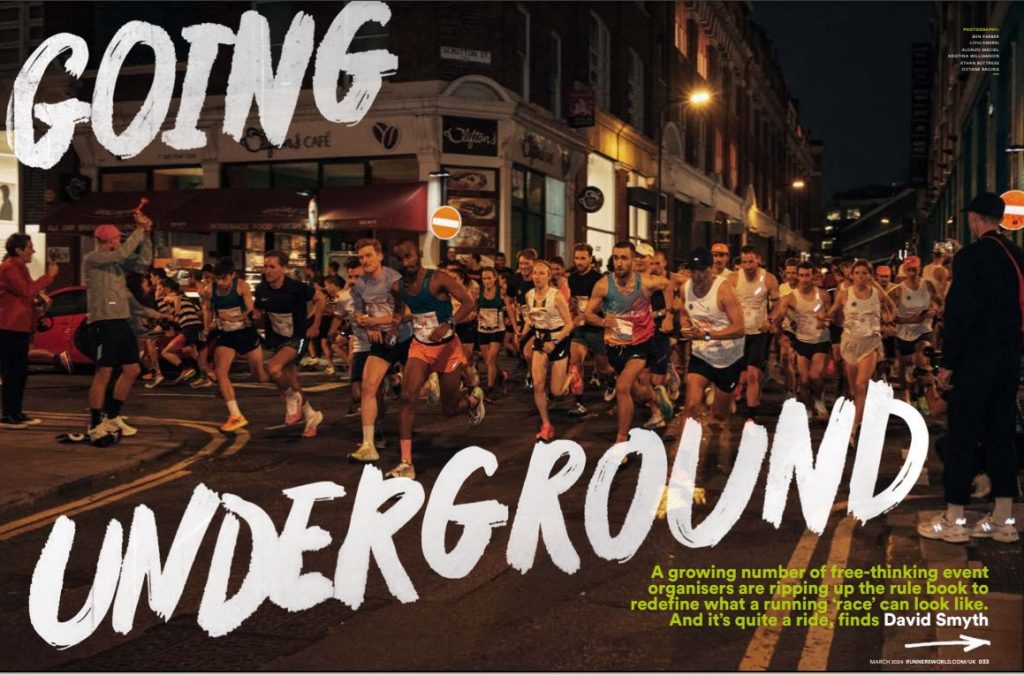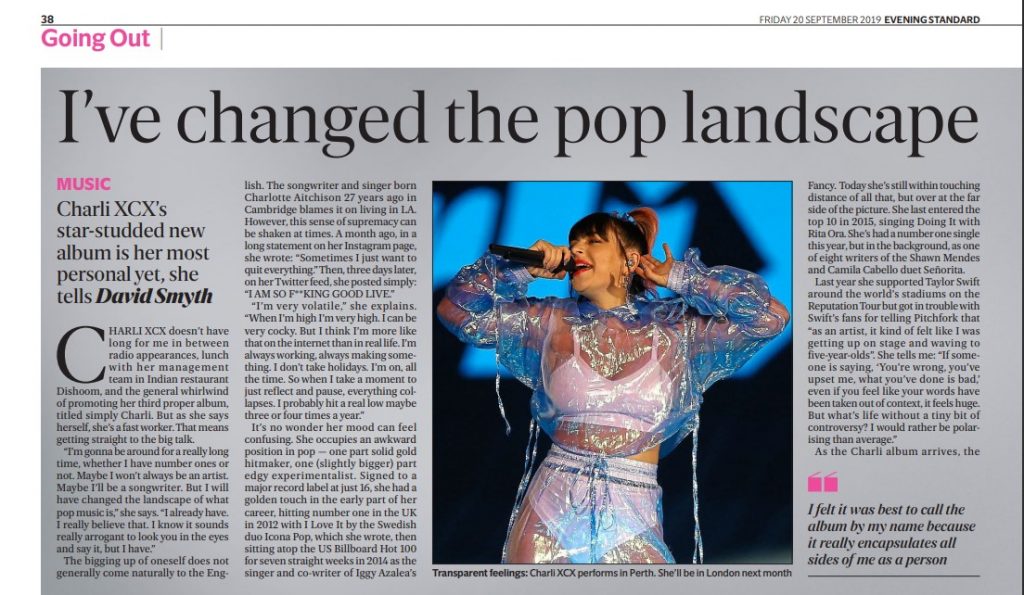HOW many people are actually in Texan “choral symphonic pop band” the Polyphonic Spree? Their publicity blurb says there are a mere 23 members, while at their recent UK concerts there were 24. On the sleeve of their wonderful debut album, ‘The Beginning Stages Of The Polyphonic Spree’, there are 27.
“There are definitely 24,” says the one man who should know, the band’s leader and songwriter Tim DeLaughter. “On the record sleeve one of the extras is our manager, and there were two girls who left the group because they became pregnant. But I am about to add two more members – a classical harp player and a tuba player – then I’ll be done.”
You might ask what kind of pop group really needs full-time members on harp and tuba, let alone the current players on French horn, grand piano and Theremin. The answer is the most dynamic, original, massively exhilarating pop group to touch down in ages.
Dressed in white robes, and swaying from side to side with grins the size of cathedrals, they either look like the happiest clappiest members of an evangelistic choir, or a blissfully deluded cult playing their final concert, before they end it all to reach a better future. The other members of the band probably address DeLaughter as “our Magnificent Leader” and spend their spare time polishing ammunition in a Dallas barn.
Musically, the sheer scale of their operation means that the sound is colossal. The ten-strong choir chants idyllic mantras such as “Hey, it’s the sun, and it makes me shine” over strident orchestral rock that inevitably builds to an ear-melting crescendo. Live, they are like nothing on heaven or earth.
However, their current status as an unknown band without a record deal means that they are only playing small venues, where fitting them onto the stage becomes a logistical nightmare. Roadies have woken up screaming in the middle of the night, having dreamed they were in sole charge of a Polyphonic Spree gig. Tomorrow night, two hundred lucky punters can shoehorn themselves in to see them grace a specially extended stage at Camden’s tiny Monarch venue. “We’ve managed to squeeze ourselves into some really small places – that’s half the fun,” says DeLaughter.
The band first came to the attention of the wider world at this year’s South By South West festival in Texas, the music industry beanfeast which last year threw up the Strokes and the White Stripes. Last month they were one of the few truly unique acts at David Bowie’s Meltdown festival on the South Bank. A major label record deal and the full release of their album, currently only available on import, is inevitable in the next few months.
“We just finished a week of shows in New York, and the response was so over the top, it was almost fanatical,” says DeLaughter. “Paul Simon pulled me over afterwards and talked to me for half an hour. He was saying ‘I knew something like this was coming; I just didn’t know when, but now I know’.”
If that sounds like the language of prophecy, DeLaughter wouldn’t try too hard to play down the idea that his band have some sort of spiritual significance. He does deny that the choral garb and constant smiling are part of a carefully contrived image, claiming “I just didn’t want the audience to get distracted from the music by looking at 24 individuals in street clothes,” but then he suggests that “When you get 24 people up there all putting their spirit into that music, something else is being translated that I really can’t put my finger on”.
Delaughter started putting the band together in 2000, following the demise in 1999 of his mildly successful four-piece rock band Tripping Daisy. In the beginning he just had the band name and a gig booked, but after inviting people he knew in the area to play with him, within three months the Polyphonic Spree had 15 members. Others around Dallas then found out what he was doing, called him up and offered to help.
So how do you get those 24 musicians on tour without losing a cellist or two along the way? “It’s really not as difficult as you might think,” he says. “The whole thing came together really naturally, and it’s operating naturally. We realise that we’re part of something really special, so everyone’s willing to pull together to make it work.”
Each member sets up their own equipment, and their own sound man operates the controls at every gig. Obviously the wage packet isn’t huge when you’re part of a band this size, so most people have also been holding down jobs since the band formed. DeLaughter is currently a freelance set producer for high end American department store Neiman Marcus’s catalogue, but is leaving it behind as the band takes off. Others are less lucky, and viola player Todd Berridge is quitting the group because he is too well-established in his teaching job to take a significant amount of time off.
With no classical training, DeLaughter arranges the songs himself, and the album was recorded in its entirety in just three days. He claims the sound – floating somewhere between the Beach Boys’ pocket symphonies, the leftfield rock of the Flaming Lips and Grandaddy, and Jesus Christ Superstar – is not so hard to produce. So why aren’t more bands this ambitious? “All I had was an appreciation of the classical sounds and the enthusiasm to pull them together. It’s not brain surgery, anybody could have done it. It took a long time for me to dare to attempt it, but this is my perfect band.”









